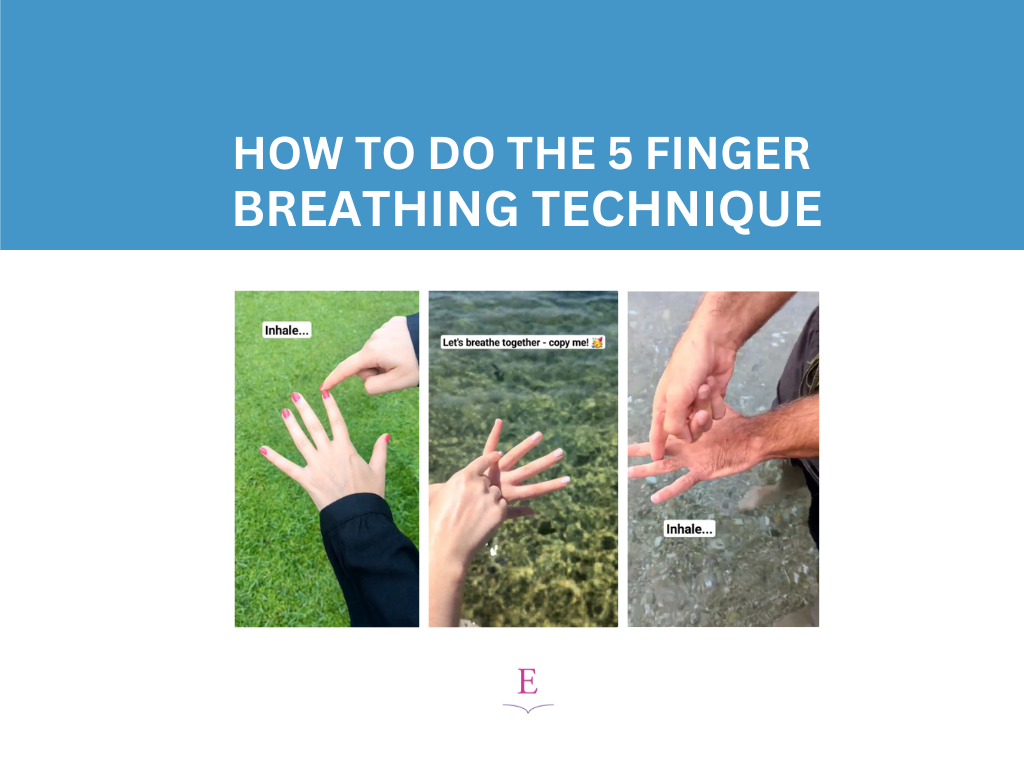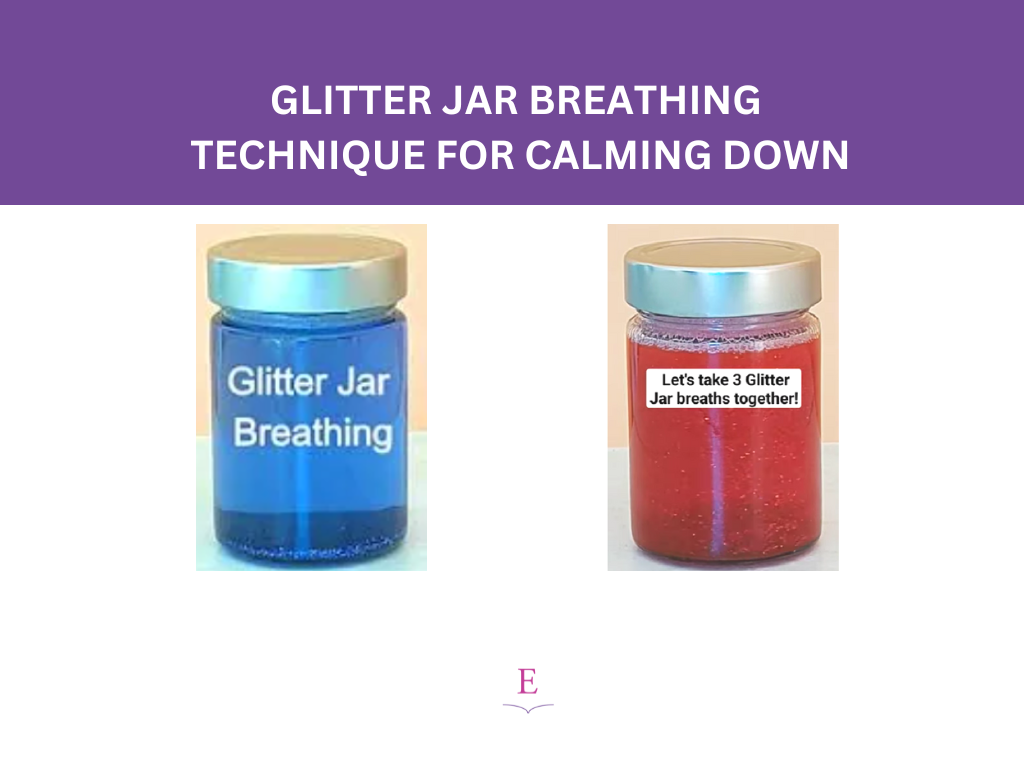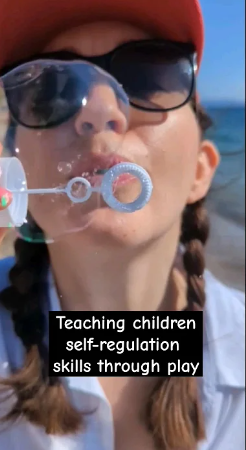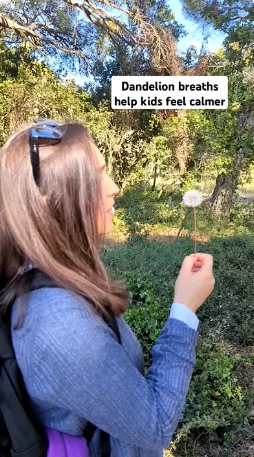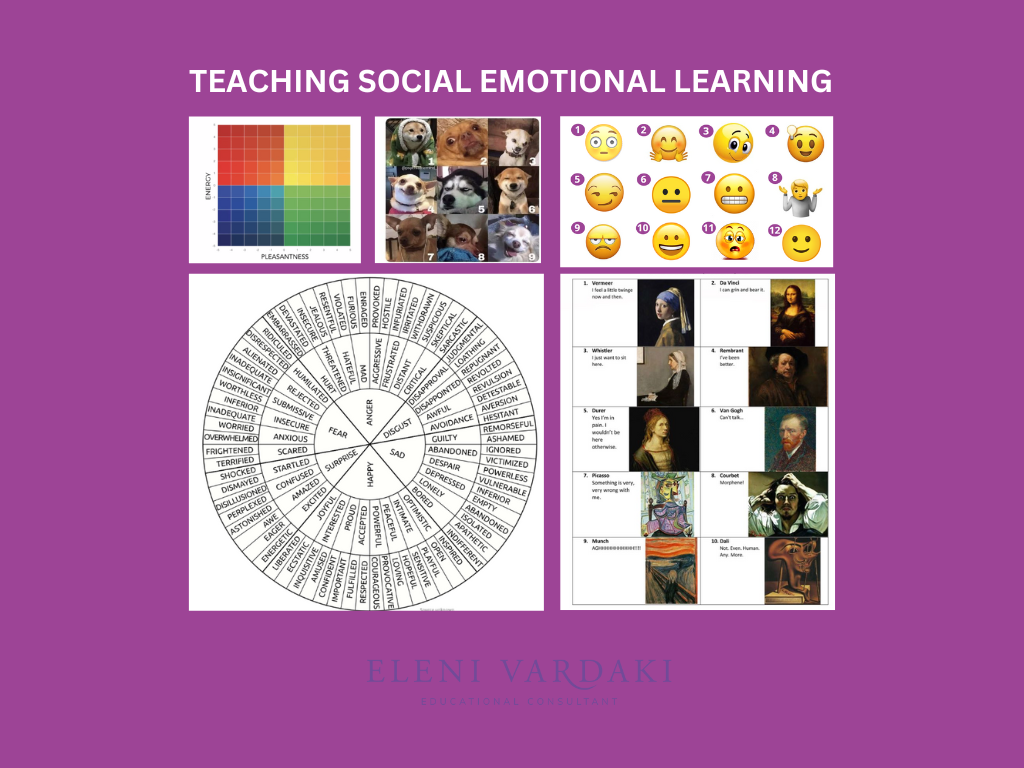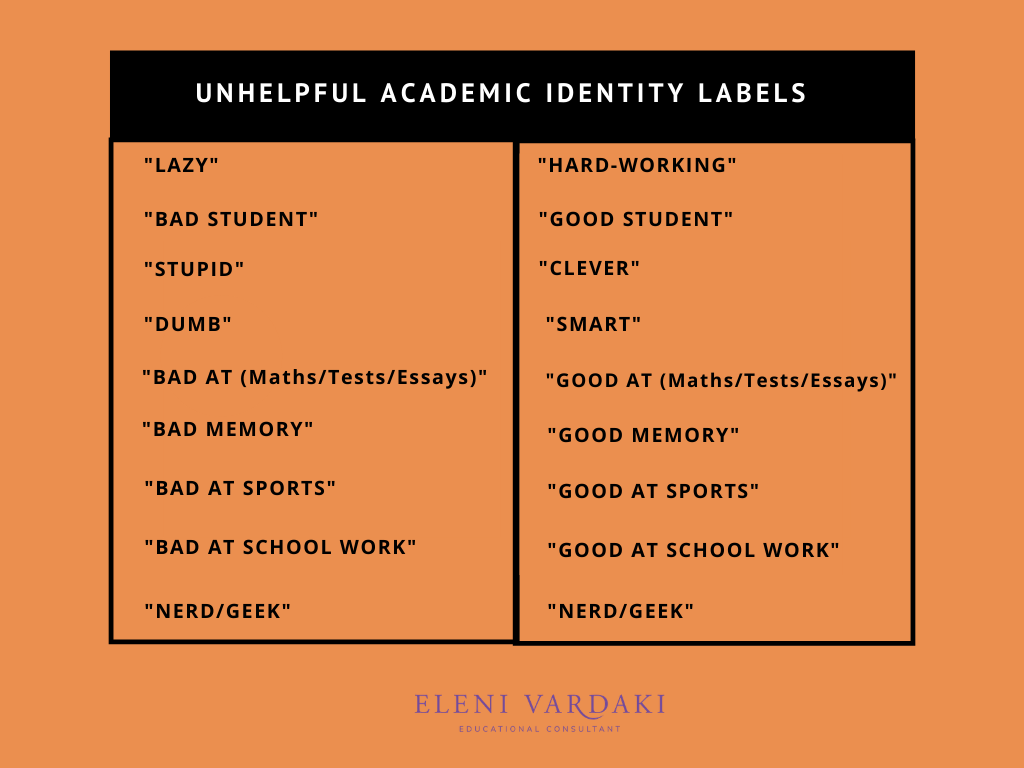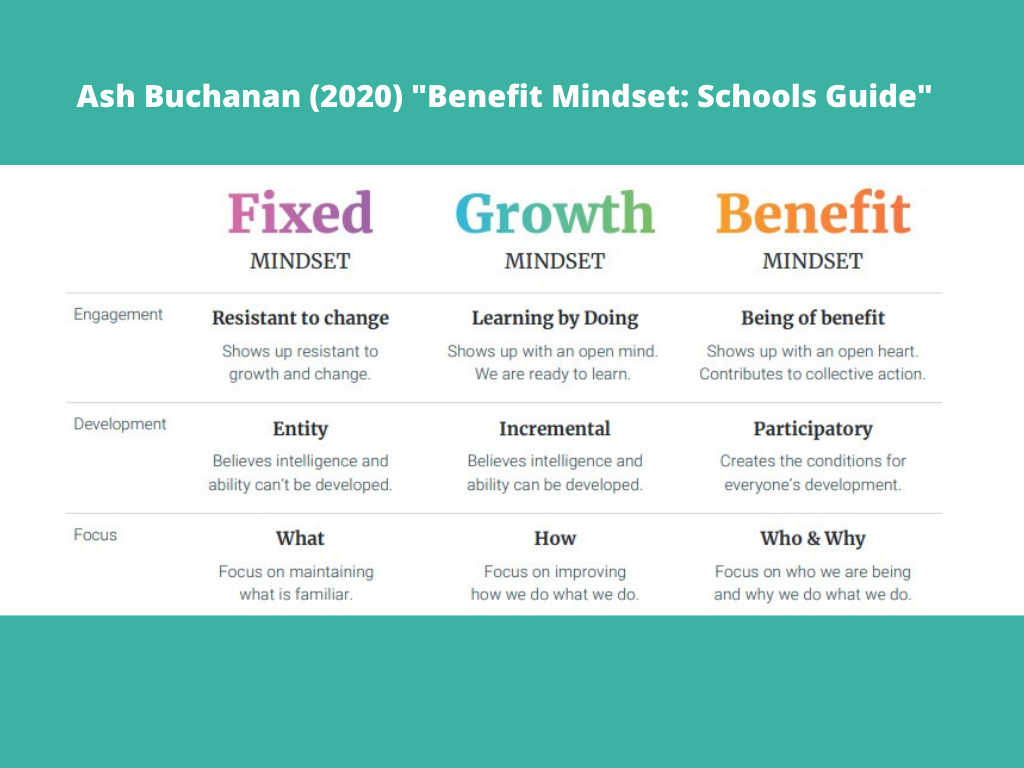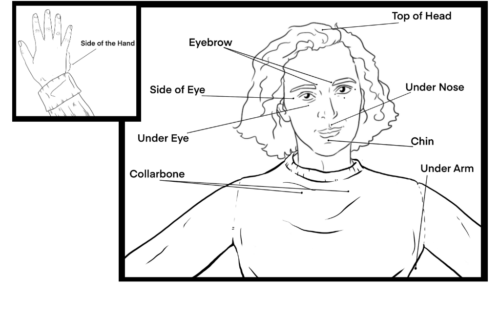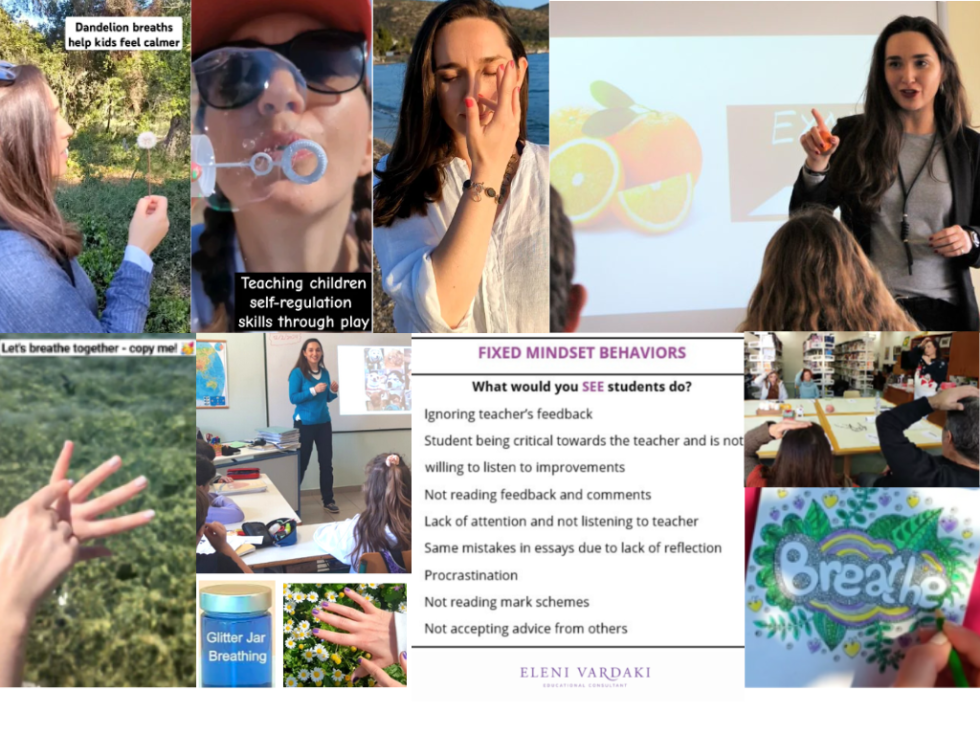
10 Social Emotional Learning Activities
WHAT’S THE ISSUE: There is a limit to how far you can develop your Social Emotional Learning skills when you have too much stress or anxiety. The same is true for students in school. In this article, you will find body-based Social Emotional Learning activities focused on stress management and self-awareness. You will also find mindset training and mindset assessment activities.
Why mindset training and assessment, you might ask?
In my experience, students who have a Fixed Mindset are unlikely to make meaningful progress in their emotional and social competences, let alone be more academically successful, unless they develop more of a Growth Mindset. That’s why when I’m hired to facilitate a staff training event, time permitting, I recommend setting aside time for a workshop on mindset training and assessment activities as well.
Social EMotional Learning Through Self Awareness & SELF MANAGEMENT
Our social skills – ‘soft skills’, ‘human skills’, ‘people skills’ or whatever else you want to call them – decline when we are unable to regulate our emotions. Stress and anxiety that are above a certain threshold affect our ability to self-regulate and manage our emotions. They also affect our ability to learn well.
It’s not uncommon for students to become stressed and anxious just from being in a school setting. It might be that they find the noise levels of an average classroom/school stressful or draining. They may be dealing with friendship/bullying/relationship challenges. Perhaps they find doing Maths activities stressful as they feel like don’t feel they’re good at solving mathematical problems. It might even be that they have trouble concentrating in class. This may be causing them to feel stupid or incompetent. As we know, you can’t learn well if you aren’t able to concentrate.
There are many reasons why a child may feel stressed or anxious in class or during break/recess/lunch time. Whatever the case may be, what we know is that we can help them manage their emotions by incorporating simple stress management techniques into the lesson.
See below for ideas on how you can teach your students self-regulation skills. These skills fit into the broader category of social emotional competences that in education we call Self Management skills (CASEL Framework for teaching Social Emotional Learning in schools).
Students constantly interrupting others when they are speaking can be a real headache (literally, not just metaphorically!) for teachers in schools worldwide. Research has been done on how to reduce bullying in schools through Social Emotional Learning. However, what researchers often miss is the fact that most of the problems teachers battle with in the modern day classroom often have more to do with manners (or rather, the absence of manners) than bullying. Interrupting another student when it’s their turn to talk a real-world social competences issue troubling teachers in many schools right now.
Teaching students self-regulation skills, and also reminding them that they are responsible for practicing self-regulation techniques that work for them can help turn things around. I believe it’s important for this to occur within the broader context of support from the top. When a school headmaster/principal supports teachers by helping to educate students, and sometimes even parents, on the importance of kindness and manners as social competences, this can filter down to staff and students.
If your school has parents who try to shun their fair share of the responsibility for educating their children by claiming this is ‘the teachers’ job’, you may need to educate them on the fact that responsibility for raising their child is shared between school and family. Teachers may even want to encourage students to teach their care givers the self-regulation skills they are learning in school, as they may not have had the opportunity to learn how to better manage their own stress and emotions when they were in school.
Another area where schools can help students develop their Social Emotional Competences is through activities that increase their emotional self-awareness. To this end, Emotional Literacy education is another important aspect of the self-awareness pillar of Social Emotional Learning education in school.
Below you will find the five Emotion Mats I use most frequently as an Academic Coach and EFT Practitioner when I’m working with upper primary and secondary school students online. I have also used some of these in whole group teaching settings.
You can click on the image to learn more about some of the ways I integrate these in my work as an educator and coach. Let me know if this helps you in your work with kids.
EXAMPLE OF SOCIAL EMOTIONAL LEARNING ACTIVITIES aPPLIED IN CLASS
Below you will find an example of how I wove together a series of Social Emotional Learning activities to address a specific type of friendship issue. This was not bullying-related issue, just misunderstandings. Cognitively, students were aware that the upset was caused by misunderstandings, but emotionally they were still stuck in old emotions. Here’s how I combined an Emotion Mat with Emotional Literacy education and a stress management technique called tapping to help them process these old emotions so that they could be OK.
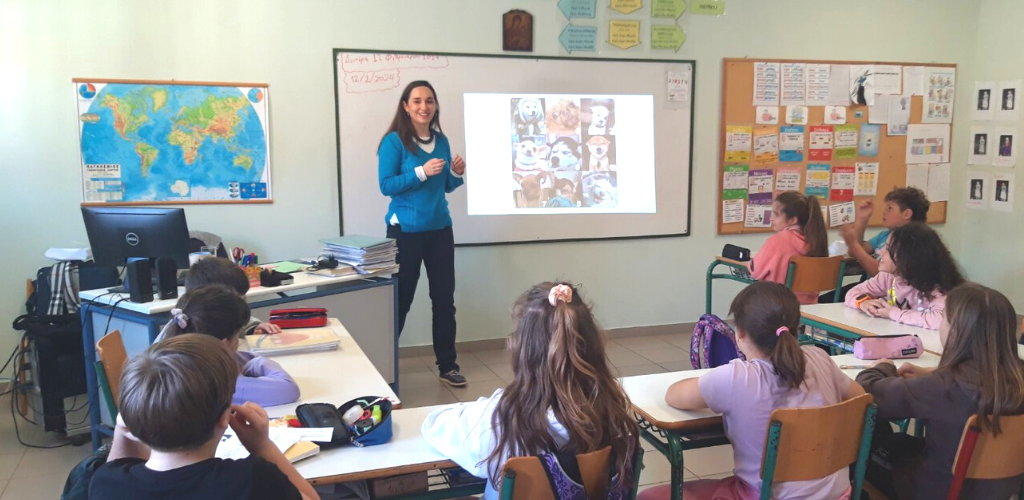
MINDSET TRAINING AND ASSESSMENT FOR SOCIAL EMOTIONAL LEARNING
Finally, I’ve found that when a child has a Fixed Mindset towards learning new information and towards gaining new skills, it can hinder their ability to to not only become more academically successful, but also to have pro-social behavior. In my experience as a high performance specialized educator, pro-social behavior and academic progress often go hand in hand.
If you want to start teaching your students about the Growth Mindset, the following two resources are a great way of getting the process going. I often give the students I coach the video on what is a Growth Mindset as a homework task before we do Growth Mindset self-assessment activities. This was the format I also followed in my classroom teaching days as one of the ways that I helped my students go from achieving average to good grades, or from achieving good to great grades.
Now, you may find that just because you teach your students about the Growth Mindset and how important it is for being academically successful, it doesn’t mean they actually have a Growth Mindset. One way of assessing how they are getting on in their mindset progress is the following activity (click on the image below to learn more).
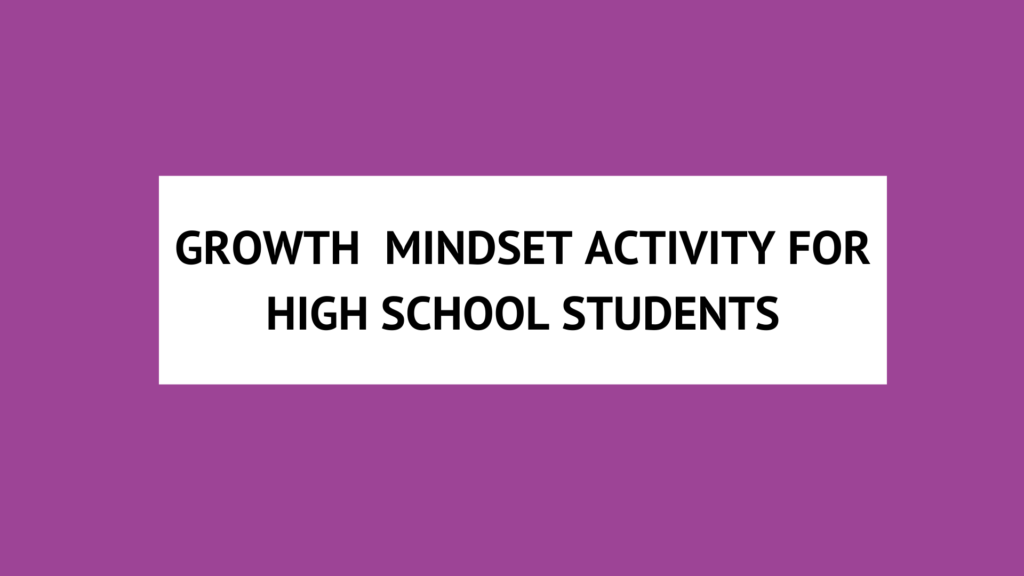
I hope you found this article useful for your work. This gives you a taste of some of the ways I can train teachers and school psychologists/counselors.
You can get in touch to book an introductory call with me if you’d like to talk about your specific staff training needs so we can see if I can help you.
MEET ELENI

Eleni Vardaki (BA, PGCE, QTS, MEd) is an experienced secondary school teacher and EFT Tapping Coach who specializes in stress, anxiety, and academic success. She works with school and university level students who want her assistance on clearing their inner blocks to achieving their personal, career-related, or academic goals. She also leads online and in-person group training and coaching sessions for staff, parent or student well-being.
LEARN MORE
- “Auditing Staff Well-being in International Schools” by Kirsten Pontius
- “Relationships and Resilience” by Dr. Sue Roffey
- “Tapping for Pain Relief: Does EFT Really work?” by Eleni Vardaki
- “Hidden Struggles of International School Students: Adversity Amidst Privilege” by Tanya Crossman
- “Is Too Much Tutoring Spoiling Kids?” by Eleni Vardaki

